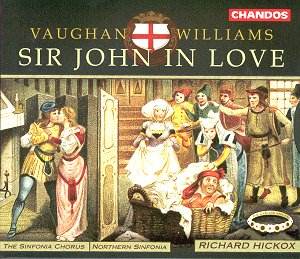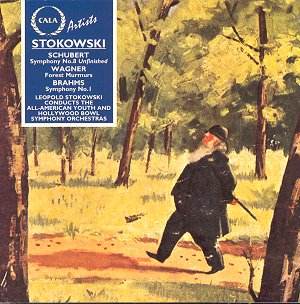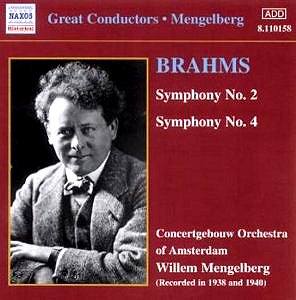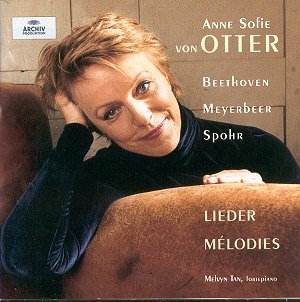 Composer: Gordon Jacob
Composer: Gordon Jacob
Works: Concertino for clarinet and piano; Five Pieces for Solo Clarinet; Three Songs for Soprano and Clarinet; Clarinet Quintet
Performers: Daniel Geeting (clarinet), Samela Aird Beasom (soprano), Melissa Phelps-Beckstead, David Stenske (violins), Richard Rintoul (viola), Joyce Geeting (cello)
Recording: Memorial Chapel, University of Redlands, Redlands, California, recorded on March 5, April 30, and June 30, 2023
Label: PROdigital PRO-9226
Gordon Jacob, a stalwart of the English musical tradition, has often been overshadowed by his more illustrious contemporaries. However, his chamber music, particularly that for clarinet, reveals a composer deeply attuned to both the lyrical and structural potential of his instruments. The current recording, featuring an engaging selection of Jacob’s works for clarinet, offers a rich tapestry of melodic invention and intricate interplay among the performers, showcasing his ability to distill emotion into succinct musical statements.
The Concertino for clarinet and piano opens the disc, a work of remarkable clarity and charm. Daniel Geeting’s clarinet sings with a warm, inviting tone that is matched by the sensitive pianism of his collaborator. The first movement brims with a youthful exuberance tempered by a reflective Adagio, each phrase expertly shaped to highlight the delicate balance between the two instruments. A Mozartian grace pervades the Allegro risoluto, where Geeting’s agile passages dance effortlessly alongside the piano’s supportive role. Jacob’s arrangement, drawing from Tartini’s sonatas, reveals an unmistakable lineage to the Baroque, yet it is Jacob’s distinct voice that prevails, merging vitality with a sense of calm.
The Five Pieces for Solo Clarinet present a different facet of Jacob’s artistry, offering a series of vignettes that traverse emotional landscapes with remarkable economy. Each piece is a study in character, from the searching Preamble to the haunting Soliloquy that resonates with echoes of Vaughan Williams. Geeting’s interpretative choices reveal a profound understanding of the clarinet’s expressive capabilities; his articulation in the Fantasy pays homage to Bach with a reverent yet playful spirit. The jazz-inflected Scherzo and Trio further demonstrate Jacob’s ability to weave diverse musical idioms into a cohesive whole, showcasing both technical prowess and stylistic versatility.
Jacob’s Three Songs for Soprano and Clarinet delve into the realm of English song, evoking the pastoral beauty that characterizes much of the genre. Samela Aird Beasom’s soprano is a standout, particularly in “Flow my tears,” where her nuanced phrasing captures the gravity of the text, reminiscent of Purcell’s own mastery of vocal line. The clarity of diction and emotional weight she brings to “Who comes here” imbues the work with a buoyant joy, a testament to both her vocal skill and Jacob’s melodic inventiveness.
The Clarinet Quintet, the disc’s centerpiece, showcases Jacob’s mature voice, weaving a dense fabric of counterpoint where each instrument plays an equally significant role. The opening movement, with its haunting moments at 4:39, reveals a composer capable of creating profound stillness amidst a flurry of activity. The Scherzo’s insistent ostinato recalls Sibelius, yet Jacob’s voice remains distinct, infusing the texture with a uniquely English lyrical quality. The finale, with its theme and variations, initially presents a methodical structure that soon evolves into an engaging dialogue among the players, each contributing to a vibrant tapestry of sound that echoes the Fenland landscapes of Jacob’s youth.
The recording is engineered with a remarkable intimacy, although at times the proximity of Geeting’s key action can be momentarily distracting. The sonic balance allows for a clear delineation of each part, enabling listeners to appreciate the intricate interplay among instruments. This disc, though from a smaller label, deserves a place in the collections of those who cherish British chamber music. Jacob’s works, often relegated to the periphery, are deserving of renewed attention; this recording is a testament to his enduring relevance and the exquisite craftsmanship that characterizes his music. The ensemble’s dedication and artistry breathe life into these compositions, making a compelling case for Jacob’s rightful place in the canon of 20th-century British music.



